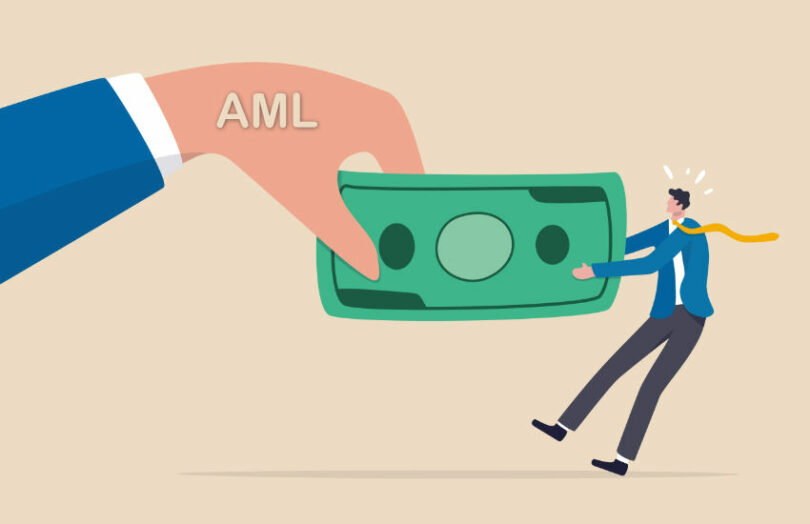Today I wasted yet another half an hour providing very personal details to a financial institution to justify continued access to MY funds. All in the name of Anti Money Laundering (AML) – that compliance procedure that has little provable results despite its enormous costs but most certainly pushes people out of the banking system.
The compliance cost to banks ($274 billion annually) is more than a hundred times the money recovered by AML. Imagine the true cost if you counted the time individuals and businesses spend globally. It’s one thing if AML actually worked. But it’s ineffective.
In Europe, people migrated from using banks for international payments to using the Wise or Revolut apps. They’re far cheaper and less hassle. Or they used to be until they were leaned on to impose AML more strictly. Their AML procedures are now at least as aggressive as the banks.
The fear of losing access to funds drives some people to migrate to cryptocurrencies where self custody is possible, though risky. And as cryptocurrencies have stricter AML imposed, users will migrate to the next thing. Outside of the banking system.
The motivation is the stress and fear that they could end up missing a rent or mortgage payment, or even a business payment to staff or suppliers. Not because of a lack of money but because access to the money could be restricted.
These are law abiding citizens.
AML hits the little guys more than the bad guys
The little guy is disproportionately impacted because they’re an easy target. The dodgy money launderer has the funds and time to set up schemes to work around the system. And the more a financial institution is fined for cozying up to the criminals, the harder they will come down on the little guy to demonstrate they’re doing ‘something’.
This isn’t paranoia. It happened to me five years ago due to a monumental screw up by one of the world’s largest banks that hastily introduced a new AML system without proper staffing, training or processes. This was after it received an AML fine in the billions. The result was it clumsily blocked bank accounts for hundreds or thousands of small businesses that traded internationally, preventing those SMEs from paying staff and suppliers. The bank failed to have sufficient trained staff to process responses to their queries in time to meet its own deadlines.
Perhaps you’ve never had a hassle with AML. It’s generally not a major issue for those that don’t do foreign transactions. But it can be a nightmare for any law abiding person who transacts internationally or lives in a country with a less-than-stellar reputation.
Recent research conducted by MIT regarding central bank digital currency (CBDC) and financial inclusion found that personal control over money was a key requirement for the financially excluded. In other words, they trust cash because they can control it themselves. They don’t trust anyone else to hold their money.
Bear in mind that AML is a subset of a compliance regime that aims to expand the tax base.
However, AML also drives people out of the financial system and blocks access.
That reduces the tax base as people resort to the black market. This has a double whammy because some might then fraudulently claim government benefits because they have no demonstrable income.
Besides the impact on the tax base, AML suppresses economic activity because some people find it too hard to participate in international trade. Plus, there’s the cost of time wasted on compliance by productive people.
While the world’s financial authorities despair over the high costs of cross border payments, particularly for low value remittances, AML is a massive contributing factor.
AML: public servants or public masters?
In recent months there’s been a lot of talk by politicians about the need to maintain political capital. In other words, the need to preserve the goodwill and trust of ‘the people’.
AML reduces a person’s sense of control over their own money.
There’s this concept of the government being run by public servants. But if they limit your access to your money, then they turn from public servants into public masters.
And that switch in perception can have a devastating impact on political capital and the perception of democracy.
While banks and other payment firms might sometimes be clumsy in their AML procedures, they are simply implementing the government’s demands.
Canada is a great example. Last year the government forced banks to use rules intended for AML to prevent COVID protesting truckers from accessing their bank accounts.
Who’s next? Could it be you?
AML is an affront to civil liberties.
It’s a matter of time before many people realize that AML is largely ineffective at enormous cost. Fix it or ditch it.






